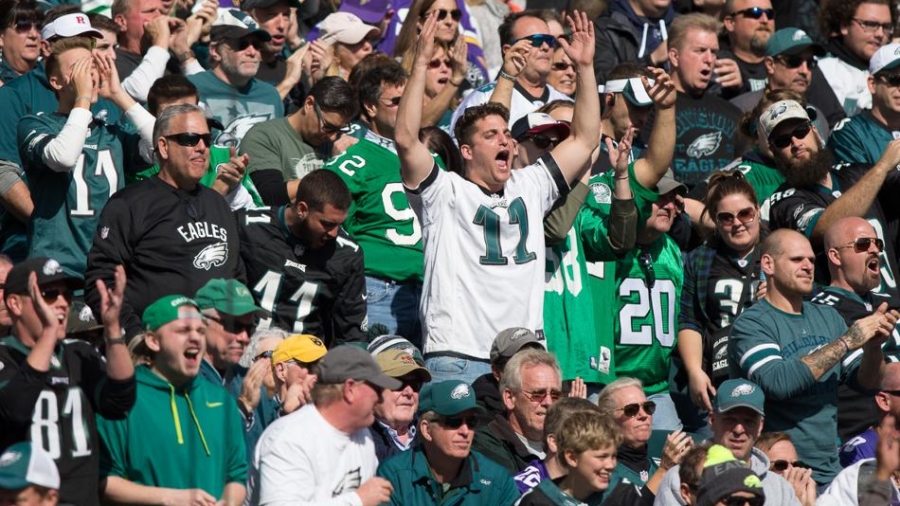Even with the national shutdown and suspension of our normal way of life, most pastimes can still be enjoyed. If you have reliable internet service, you pretty much can get anything you need. Is it the same? Of course not. Seeing a movie meant for a theater release isn’t the same as streaming… no matter how big and new your television screen is. Yes, you can still order the Surf and Turf platter via delivery; however, it simply isn’t the same served in styrofoam. Considering it costs the same, you want the same taste and experience you’d get in the actual restaurant.
But it’s something.
Prior to this shutdown, I was in a gym rat groove. I still can run outside and use my dumbbells at home (don’t worry about the weight of the dumbbells). Is it the same as a full-fledged gym??? No.
But it’s something.
One aspect of society that cannot be modified, and for good reason, is sports.
Yes, ESPN is currently airing a HORSE basketball tournament between current and former NBA and WNBA players. I get it, they’re trying something. And I tried watching it. I really tried, it just simply wasn’t appealing to me. Aesthetically, it looked like it was shot on an Iphone 4. It was little action and mostly interviews with the players, the competitiveness was manufactured, and it wasn’t live. Sorry, something about the unknown of watching live sports is a major appeal to why we love it so much. I currently watch the classic games shown by various outlets, and love seeing the unknown in the face of fans as they watch something they don’t know or expect to happen. It’s a really special feeling only live sporting events can deliver. Either at the event or home, the emotion of fans cheering and live action is needed. A prerecorded HORSE competition simply can’t deliver that. And as a rabid sports fan, I only want the full return of sports. No more barnstorming and bad ideas, just the real thing.
I can watch a remote episode of a sketch comedy show or a news broadcast, not the same, but it’s something. And that something is currently the state of sports. Meaning, we don’t have a true understanding of how or when the shutdown will end. And that understanding is beyond and more important than sports. With that being said, if with the utmost safety we can get modified versions of sporting events, I think it would be welcomed by many.
Proposals such as playing in empty (fan-less) stadiums, playing in one arena and city, and other similar ideas of that nature are a good start. Sports is needed. The positive economic and social impact of professional sports teams on cities is beyond simple calculations. On a smaller scale, the same can be said for the economic and social impact of collegiate athletics (the NCAA) on college and university campuses nationwide.
The need to have an outlet for celebration and sports is inevitable and emotional. I just hope we don’t have to wait too long to experience it again.

